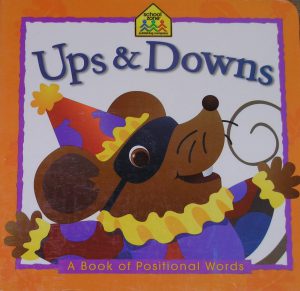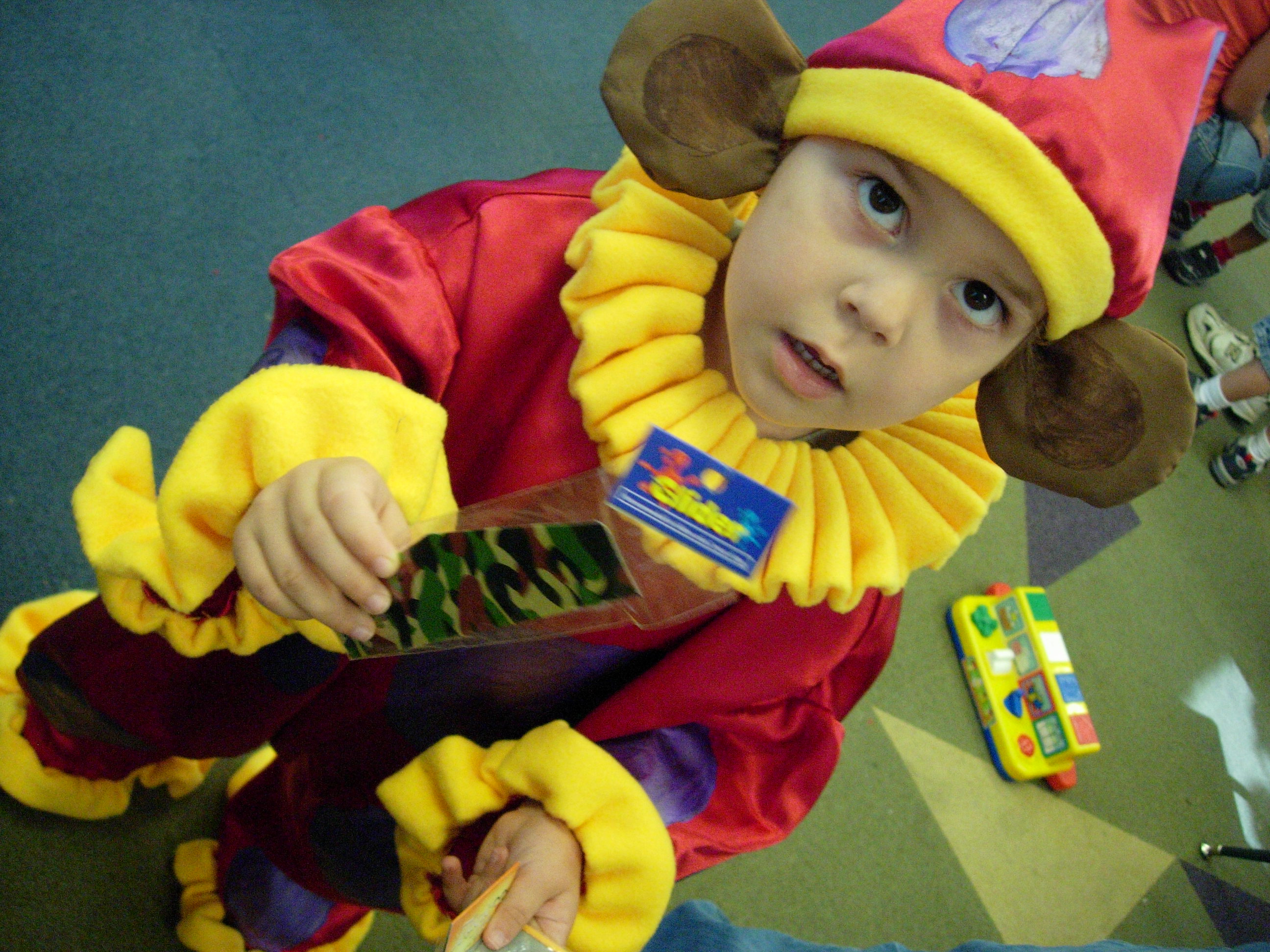by Emily Ball Cicchini, Executive Director
Reading isn’t simple. I am noticing more discussion lately in education circles about reading and complexity. By complexity, we mean both the quality of the text that is being read, and what is going on inside the minds and hearts of the people who are reading. Reading is complex.
Shorter is Not Clearer
We have a tendency to shy away from things that are complex and want to make them more simple. This seems true for parents as well as teachers, as we all are trying to keep up with the increasing complexity in the world around us. We like to do things a certain way, and repeat them, because it helps us cut down on uncertainty in the world. But this cannot be the best way to help a child thrive. Unexpected and unintended things happen all the time. Embracing complexity can help us better understand, interact with, and adapt to the dynamic world around us.
Complex Times Need Rhymes
Our children are growing up in a complex world and need to be challenged to understand and appreciate more complexity in their lives. In a sense, this is what learning is about: understanding a wide array of meanings at ever increasing levels of detail. Being fluent means recognizing the subtle differences and similarities in the subjects and skills we want them to master as adults.
We should strive to give our children books that have big and unusual words and rich and nuanced storylines. If they are non-fiction books, they should be well organized and present concepts in a systematic and reasoned way.
Reading Together is Radical
When we read aloud together with young children, it can help to make an effort to be aware of the complexity of a story; the sound of the words, the repetition of patterns, and the emotional responses that elements of the story can elicit. Talking about the reading—as well as the nuances of the way you as a parent, teacher, or caregiver particularly read a book—is what will bring the book alive for the child. If possible, having another caregiver read the same book aboud helps the child understand that the same story can have different layers of meaning depending on who is reading it.
Four Dynamic Processes
Complexity can be overwhelming at times, but, by working together to understand and decode the meaning of a text, we can have a shared reading experience. And this is what BookSpring is really all about. Reading is just one piece of the complex process of being an expert at language and communication. To master language, we need not only to read, but to write, talk, and listen well with other people. These four processes are a complex dynamic system between people and things that is intertwined in ways that science is still striving to understand.
Reading is Two-Way
In the meanwhile, we know that reading together with your children from books that naturally interest them works to improve both their motivation to read and their reading skills. Plus, it’s fun for both you and them; and helps build your relationship in ways that you may not immediately understand. Now that my son is a teenager, I cherish the time we spent when he was younger, and realize how it built a foundation of trust and understanding between us. Reading together as a family at home may seem simple to do, but what it does for the brains and well-being of both your and your child is infinitely more complex.
 Note: The photo above is my son in his “clown mouse” costume for the library holiday party when he was three years old, which he asked for based on the “Ups and Downs: A Book of Positional Words,” a complex rhyming book that we read over and over. It has words like “through,” “rickety,” “bubbling,” and a plot with suspense and a happy ending. When I asked about it for this post, at age thirteen he was able to find it immediately in his room. It’s a good one!
Note: The photo above is my son in his “clown mouse” costume for the library holiday party when he was three years old, which he asked for based on the “Ups and Downs: A Book of Positional Words,” a complex rhyming book that we read over and over. It has words like “through,” “rickety,” “bubbling,” and a plot with suspense and a happy ending. When I asked about it for this post, at age thirteen he was able to find it immediately in his room. It’s a good one!
Further Resources:
Reading Rockets Editorial:
More Bad Ideas About Why We Should Avoid Complex Text Reading Instruction
http://www.readingrockets.org/blogs/shanahan-literacy/more-bad-ideas-about-why-we-should-avoid-complex-text-reading-instruction
Peer Reviewed Research Article:
Understanding reading as a form of language-use: a language game hypothesis
https://www.sciencedirect.com/science/article/abs/pii/S0732118X15000392
Journalistic News Video:
What Teachers Should Know About the Science of Reading
https://video.edweek.org/detail/video/6012553822001/what-teachers-should-know-about-the-science-of-reading?autoStart=true&cmp=eml-enl-vid-p1

